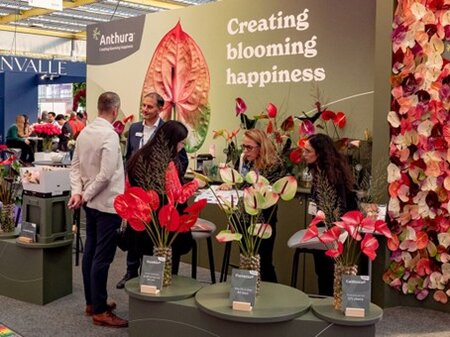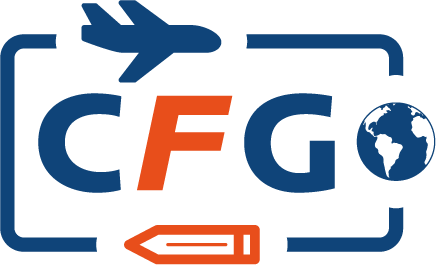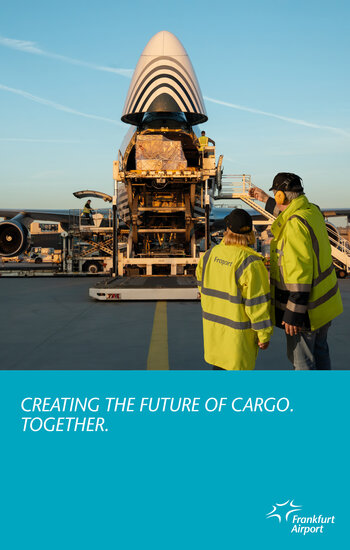From 04-06NOV25, floricultural professionals and thousands of visitors met at the Expo Greater Amsterdam in Vijfhuizen, where the International Floriculture Trade Fair (IFTF) took place. The organizers of the exposition speak of 290+ exhibitors from 30 countries displaying their products.

The trade show reaffirms the Netherlands’ position as the world’s leading hub for the international flower industry. It is a vibrant sector that showcases Dutch innovation, collaboration, and sustainability. It also highlights the vital role that the AMS-based home carrier Air France KLM Martinair Cargo plays in connecting growers from Africa and South America with markets across Europe and beyond.
Originally known for tulip cultivation, the Netherlands has long since developed into a global center for floriculture and flower trade. However, this would not be possible without fine-tuned air freight transport of these temperature-sensitive items.
Closely-knit ecosystem
The Royal Flora Holland auction in Aalsmeer, located just a few kilometers from Schiphol, plays a key role within this extensive network, connecting growers, wholesalers, and international buyers. Together with the tightly knit air and road network surrounding Schiphol, this integrated system enables flowers to travel from greenhouse to global market within just a few days, ensuring freshness and quality.
Every single day, millions of fresh flowers arrive at Schiphol Airport by air from countries such as Ecuador, Kenya, and Colombia. Within hours, they are distributed to markets across Europe – a logistical feat that reinforces the Netherlands’ reputation as the floricultural gateway to Europe.
A trillion-euro business
The economic and financial impact of the Dutch floriculture sector is shown by these figures: In the first three quarters of 2024, flower and plant exports increased by approximately 3.5%, reaching around €5.5 billion. JAN25 saw a year-on-year increase of about 7%, totaling roughly €540 million. Looking ahead, the Dutch floriculture market is projected to grow at a compound annual growth rate of around 4.7% until 2029 – expanding from approximately €4.9 billion to €6.2 billion. Meanwhile, global flower air freight services are expected to increase by about 5.1% per year, with European flows rising by roughly 4.2%. The flower trade contributes significantly to the Dutch national economy, supporting more than 150,000 direct and indirect jobs across horticulture, logistics, and air freight. The sector’s export value of over €6 billion represents a vital pillar of Dutch trade, innovation, and employment – with Schiphol serving as the beating heart of this ecosystem, illustrates Air France KLM Martinair Cargo in a statement.

Flowers, fish, vegetables and more
The cargo carrier handles a significant proportion of the flower transport. From its homebase at Schiphol, the company offers its customers tailored solutions for temperature-sensitive cargo. Its freighters, extensive route network, and state-of-the-art cold-storage facilities cement the carrier’s leading role in global floral supply chains. “Flowers are not just a symbol of Dutch heritage – they represent a sophisticated, time-critical logistics system that connects growers and consumers around the globe,” illustrates GertJan Roelands, SVP Commercial at Air France KLM Martinair Cargo. “Our results in the perishable segment have been growing year over year – from flowers and vegetables to fish.”
The executive went on to say: “A strong logistical ecosystem at Schiphol, combined with our specialized services and cool-chain solutions, is a winning combination. We continue to invest in these capabilities to further enhance our customer offering and maintain this unique competitive edge.”
He also points out that sustainability is becoming an increasingly important issue for the flower industry. The sector continues to invest in digital logistics, Sustainable Aviation Fuel (SAF), smart temperature monitoring, optimized packaging, and data-driven efficiency – all aimed at reducing its carbon footprint.




